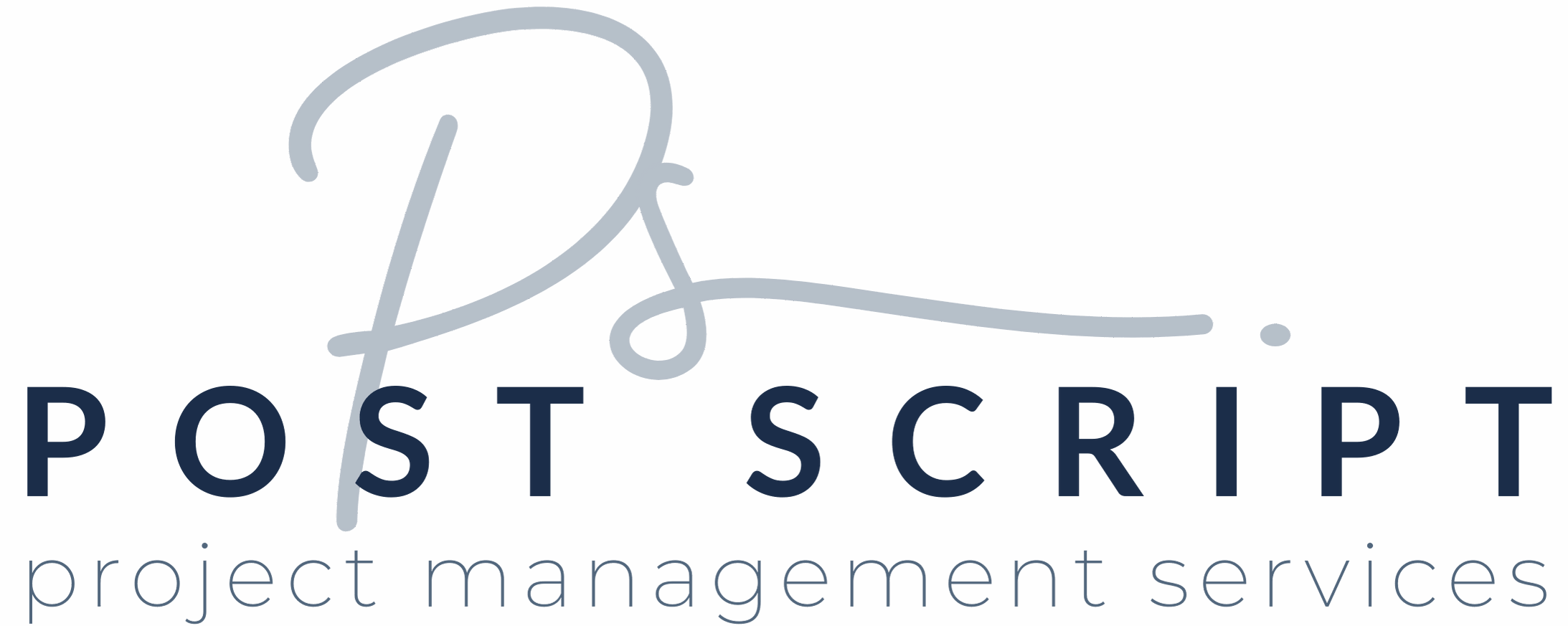Day 3 of Christie’s SMART Goals 101: Achievable
Welcome back to the Christie’s SMART Goals 101 series! So far, we’ve taken a close look at the first two elements of the SMART framework: Specific on Monday, where we discussed how clarity helps you focus your efforts, and Measurable on Tuesday, where we explored the importance of being able to track your progress. Now it’s Wednesday, and we’re diving into the third letter in the SMART Goals acronym: Achievable. If you’d rather digest my content by listening to it, please feel free to mosey over to my Instagram here, where I have an audiogram that focuses on breaking own achievable SMART goals.
Ambition is a powerful motivator, but if your goals are unrealistic, they can quickly lead to frustration, overwhelm, burnout, and even abandonment. That’s why ensuring your goals are achievable is critical to maintaining momentum. Let’s explore what it means to set goals that challenge you just enough without breaking you.
Why Achievability Matters
I’m sure this has happened to you before, because it has definitely happened to me. You set a lofty goal, only to abandon it halfway through because it started to feel out of reach, or too hard to achieve? You’re not alone. Goals that aren’t achievable can deflate us and leave us feeling defeated. On the flip side, goals that are reasonably set (while still being a bit challenging) can encourage steady progress and build a sense of accomplishment once we start hitting those milestones.
Achievable goals are about finding the sweet spot: they push you to grow while remaining realistic given your current resources, skills, and circumstances.
How to Ensure Your Goals Are Achievable
1. Start with an Honest Assessment
Take a realistic look at your starting point. Ask yourself:
- What skills and resources do I currently have?
- What challenges might I face?
- At the moment, do I have the time and energy to commit to this goal?
Being honest with yourself about where you are helps you set goals that are realistic, while still matching your ambition. For example, if you’re new to running, aiming for a marathon in a month might be too much. But training for a 5K in three months? That can absolutely be achievable, if you have the health and time to commit to it.
2. Break It Down
Big goals can feel overwhelming. Breaking them into smaller, more manageable steps makes them more achievable. Each small success builds confidence and keeps you motivated.
For instance:
- Goal: “Redesign my website in three months.”
- Achievable Steps:
- Month 1: If you are looking for a complete revamp, you’d start with researching website platforms, and maybe gather inspiration from Pinterest, or other web authors that you admire.
- Month 2: You’d outline the content of your redesigned website, and start drafting content and selecting the media for it.
- Month 3: You’d implement all of the changes that you’ve worked on, and test for functionality before launch. You’d also develop some promotional material for your social media channels to announce the launch of your redesign.
- Final milestone: You have a functional website that is ready for launch.
By focusing on bite-sized tasks, the larger goal feels less intimidating.
3. Use the Goldilocks Principle
Your goal should be neither too easy nor too hard… it needs to be just right. If a goal doesn’t challenge you, it won’t feel rewarding. But if it’s too difficult, it might feel discouraging. Ask yourself:
- Is this goal challenging enough to keep me engaged?
- Do I have a clear path to success?
4. Account for External Factors
Sometimes, external circumstances can impact what’s achievable. Consider factors like time constraints, financial limitations, or competing priorities. Adjust your goal to reflect these realities without compromising its essence. Sometimes, something pops up and throws a wrench in your path to success. That’s okay, this happens all the time. You don’t need to abandon your objective, you just need to have an honest sit-down and reflect on how you can realistically course-correct.
Examples of Achievable Goals
Here are some examples to inspire you:
- Health Goal: Instead of “Get fit,” set an achievable target like, “Exercise for 20 minutes, three times a week, and gradually increase to 30 minutes, three times a week over the next month.”
- Career Goal: Replace “Land my dream job” with “Apply to two relevant job openings each week, tailoring my resume for each position.”
- Personal Development Goal: Instead of “Learn French fluently,” aim for “Complete one language module on Duolingo every day for the next three months.”
How Achievability Builds Confidence
Achievable goals can create a feedback loop of success. Each milestone you reach reinforces your belief in your abilities, making you more likely to stay committed and tackle bigger challenges. This compounding confidence is especially important when you’re pursuing long-term objectives.
For example, if your ultimate goal is to launch a business, an achievable and relevant first step might be conducting market research or creating a basic business plan. Those are challenging activities, while still remaining within grasp if you have the time and patience to learn how to do them properly. Completing these steps will help build momentum and bring the larger goal closer to reality… and will probably give you a boost of confidence in the interim.
Overcoming Common Challenges
1. Overestimating What’s Possible
It’s easy to overestimate what you can accomplish in a short time. If you find yourself overwhelmed, that is okay. Again, it happens all the time. Just sit down and make a plan to scale back your goal. And for goodness sake- be kind and gentle with yourself. Remember, progress is more important than perfection. Abu Dhabi wasn’t built in a day!
2. Fear of Setting the Bar Too Low
Some people worry that achievable goals lack ambition. But starting small doesn’t mean staying small. By setting achievable goals, you are laying out the stepping stones toward being successful at something bigger. Over time, they’ll pave the way for exponential growth.
3. Balancing Ambition and Reality
Ambition is important, but again, it should be tempered with practicality. Regularly assess your progress and adjust your goals as needed to stay aligned with your circumstances.
Personal Reflection: My Achievable Goal
When I set out to launch the Post Production Podcast, I initially felt trepidation by the scope of the project. My original thought was, “I want to create a podcast that will inspire people to run their businesses on their own terms, confidently.” That’s all very well… But I didn’t have the first clue about podcasting. I had done some public speaking before, but I’d never recorded anything. I didn’t realize that I would absolutely hate the sound of my own voice at first… I also didn’t have the first clue about podcast hosting, or production… I was walking into a big idea with little to no experience and few resources. What did I do to cut the overwhelm? I broke it down and gave myself plenty of space and grace to learn, and to make mistakes, and to course-correct as I went along.
Breaking the bigger objective into smaller, more incremental stages allowed me to focus on progress by building my skills, gaining more confidence, and enjoying the process without unnecessary pressure.
Your Turn: Make It Achievable
Think about a goal you’ve been working on. Ask yourself:
- Is this goal realistic given my current resources and circumstances?
- Can I break it into smaller, more manageable steps?
- Does it challenge me enough to feel rewarding without overwhelming me?
Refine your goal to make it achievable, then take that first step. Share your goal with me in the comments or send me a message!
See you tomorrow where we’ll explore R for Relevant!




